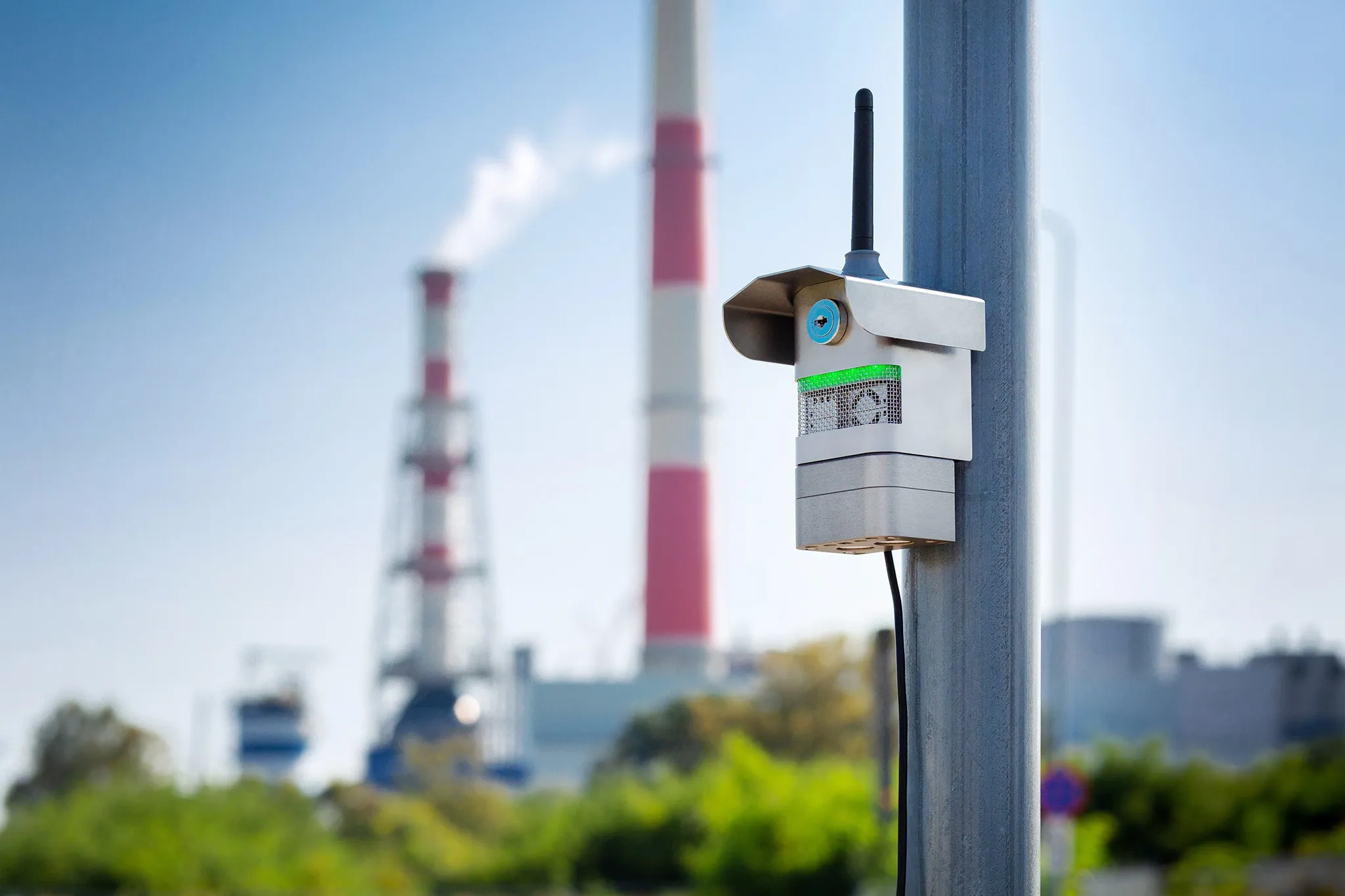The first phase of an urban sensing Array of Things project has begun in Chicago with the installation of the first of an eventual 500 nodes on city streets. The sensors will collect data on air quality, climate, traffic and other urban features, kicking off a partnership between the University of Chicago,
Array of Things is designed as a ‘fitness tracker’ for the city, collecting new streams of data on Chicago’s environment, infrastructure, and activity. This hyper-local, open data can help researchers, city officials, and software developers study and address critical city challenges, such as preventing urban flooding, improving traffic safety and air quality, and assessing the nature and impact of climate change.
In the first phase of the project, 50 nodes will be installed in August and September on traffic light poles in The Loop, Pilsen, Logan Square and along Lake Michigan. These nodes will contain sensors for measuring air and surface temperature, barometric pressure, light, vibration, carbon monoxide, nitrogen dioxide, sulphur dioxide, ozone, and ambient sound intensity. Two cameras will collect data on vehicle and foot traffic, standing water, sky colour and cloud cover.
Initial node locations and data applications were determined based on interactions with community organisations and research groups. Some nodes will contain sensors for tracking air quality and its relationship with asthma and other diseases, while others will study pedestrian and vehicle flow and traffic safety or measure features related to urban weather and climate change.
Data collected by Array of Things nodes will be open, free and available to the public, researchers, and developers. After a brief period of testing and calibration, the project will publish data through the City of Chicago Data Portal, open data platform Plenar.io, and via application programming interfaces (APIs). As specified by the Array of Things privacy and governance policies, no personally identifiable information will be stored or released by sensor nodes.
Chicago launches urban sensing project
The first phase of an urban sensing Array of Things project has begun in Chicago with the installation of the first of an eventual 500 nodes on city streets. The sensors will collect data on air quality, climate, traffic and other urban features, kicking off a partnership between the University of Chicago, Argonne National Laboratory and the City of Chicago to better understand, serve and improve cities.
September 1, 2016
Read time: 2 mins








